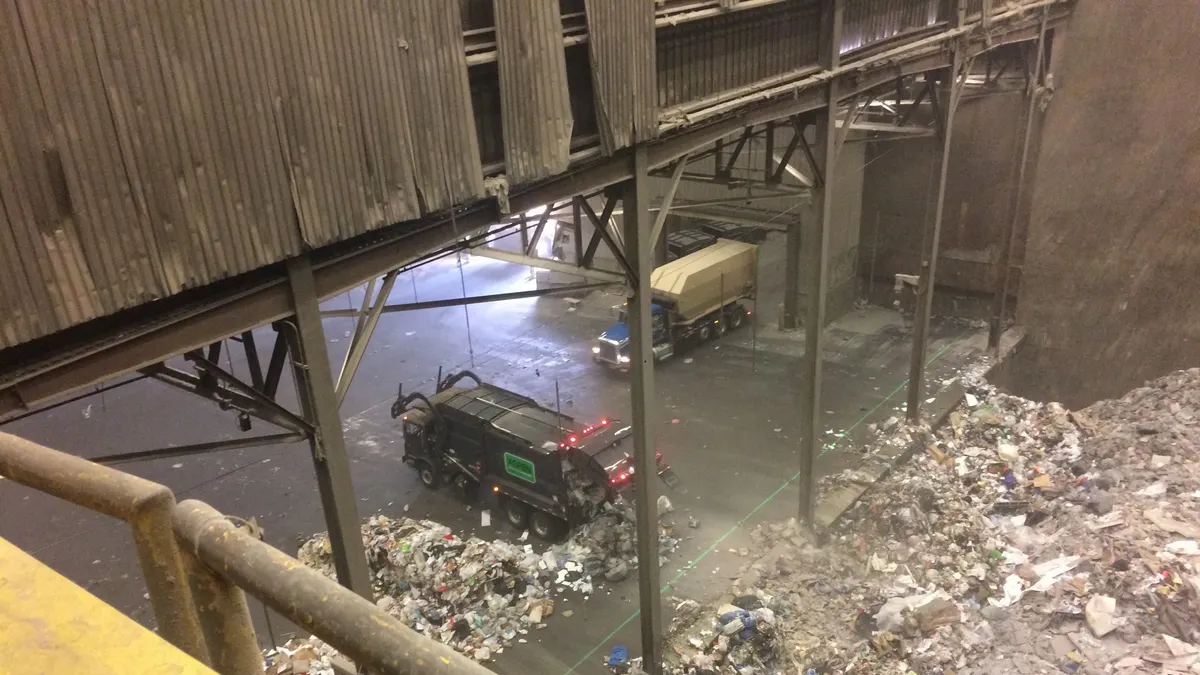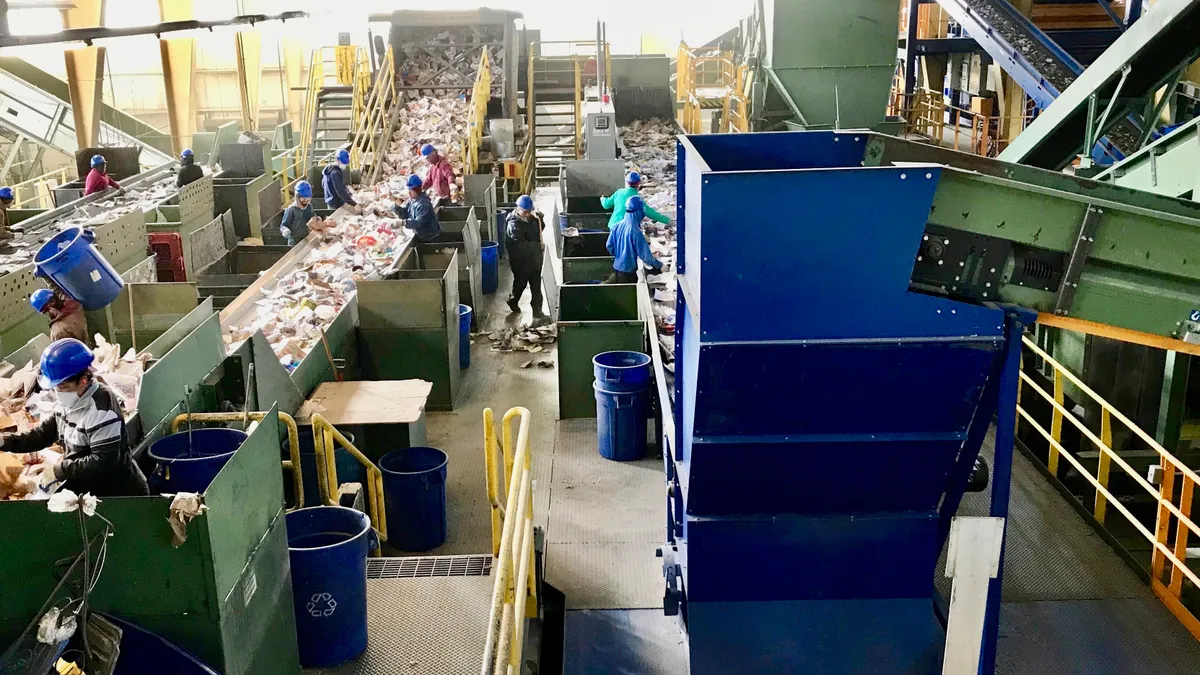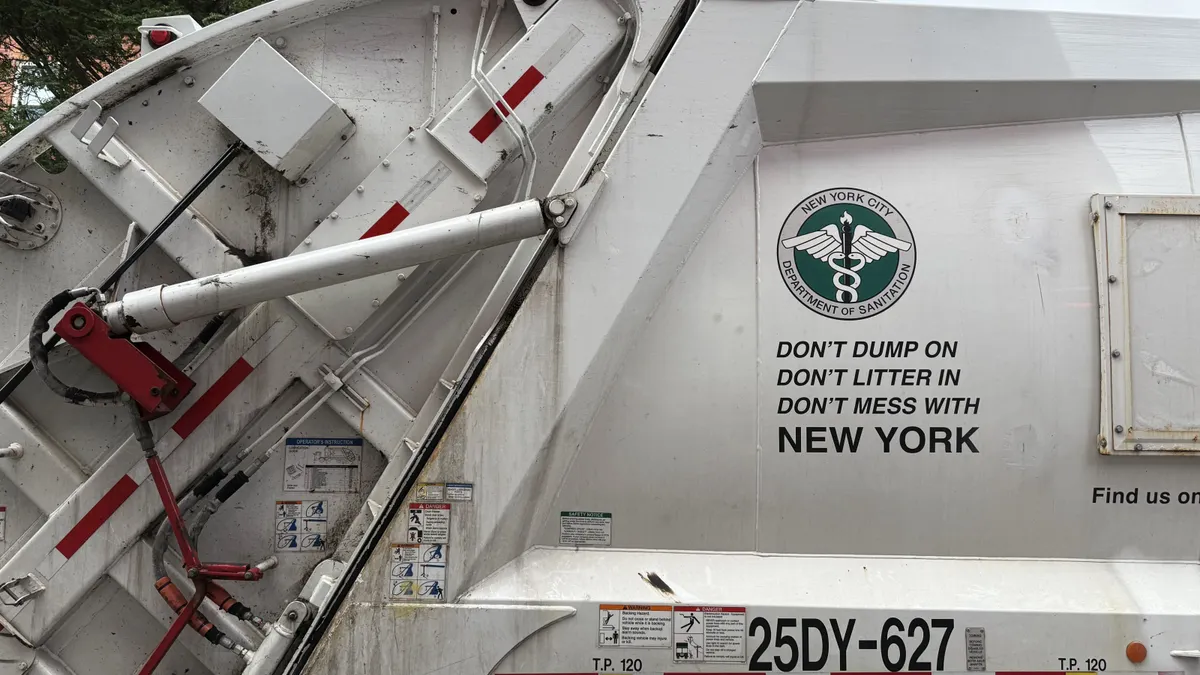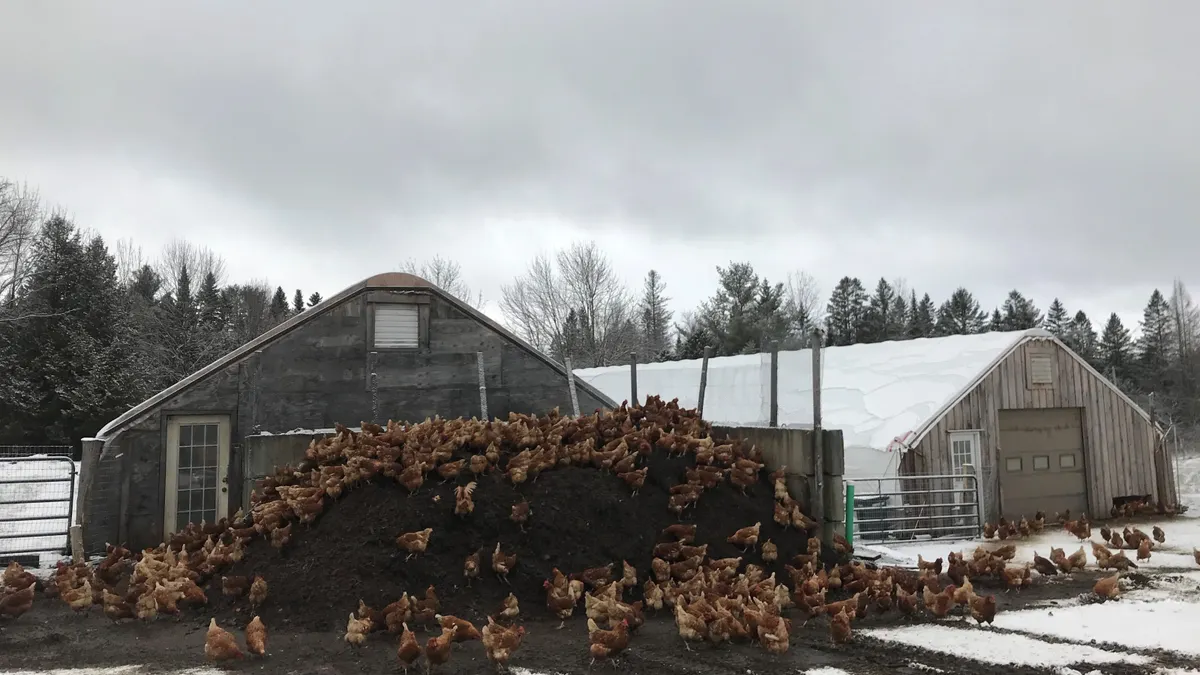If a menu listed "mojo chicken with local fresh herbs and citrus reduction," or "sheperd's pie with a savory beef stock and whipped potatoes," would customers order it?
What if that same food was originally going to be sent to the trash?
These were the menu options at Arizona State University's recent "Rescued Food Feast," an event organized to combat food waste and provide more than 500 meals to hungry students and staffers at the university. Since USDA and EPA set the first-ever national food waste reduction goal in September of 2015, institutions like ASU have not only shifted focuses to reduce food waste, but have also worked to ensure inevitable food scraps get eaten or reused in environmentally-conscious ways.
While some big nonprofits like Feedback have organized "Feeding the 5000" events that use copious amounts of food scraps to create community dinners, ASU's food feast tackled a smaller demographic — but with the same amount of passion for diverting food waste from landfills.
Cooking up the event
Lucas Mariacher, program manager for the Zero Waste department at ASU and staff chair for the sustainability committee, was kicking around zero waste event ideas with fellow staff council members in the winter. When the team landed on the idea of a rescued food feast — and thought to align it with the sustainability school's 10 year anniversary in April — Mariacher was sure the idea would be a success.
However, the committee needed to first rescue food, which is where Sprouts Farmers Market, Sysco, Rogers Poultry, and the school's campus harvest came into play. Sprouts, a local grocery store, donated 462 pounds of rescued produce; Sysco donated 100 pounds of rescued produce, broken rice, and beef cuts; Rogers Poultry donated chicken cuts; and the campus harvest utilized its oranges to make 5 gallons of orange juice. Aramark, the contracted food vendor for ASU, created the menu items and were able to transform the food into dishes.
And the people were hungry. More than 500 people showed up to the event ready for a meal, causing the feast to run almost two hours over schedule. "Most, if not all, of the food was eaten so it was nice that we were putting on this event where we were actually rescuing food and not just rescuing it and getting rid of it," said Mariacher.
Additionally, as a zero waste event, organizers of the feast ensured that dishes were cleaned and reused and contaminants were sorted out of the bins. ASU offered reusable mugs and sporks to the first 500 attendees, and crews were able to divert 97.3% of all waste created at the feast.
Changing the public's perception
Despite creating flyers and utilizing social media to spread awareness, the event also provided educational programming to attendees to learn more about food waste and the importance of rescuing edible food. One of the industry's biggest struggles is ensuring that consumers understand why different waste efforts, such as food waste diversion, are being made, therefore Mariacher was sure to set up microphones and speakers to spread important messages.
"We made an effort to make sure the students and the staff and faculty knew why we were doing it and the importance of rescuing the food," said Mariacher. His Zero Waste Department team had a table to educate anybody who wanted to come by, equipped with a wheel that spun and sparked questions about diverting different types of food waste.
The school also collaborated with Michael Pollan, a strong influencer in the food industry, who attended the event to present information to attendees and give insight to the importance of food diversion.
How other universities can follow the lead
While many other universities are moving forward in solid waste research, with some developing tools to better calculate waste tonnage and diversion rates, not many have yet tried to tackle a rescued food feast. However, despite ASU being a bit ahead of the curve with it's world-leading sustainability school, Mariacher noted that other universities can look to ASU for inspiration when putting together their own food waste event.
And campus efforts don't need to stop there. Mariacher explained that zero waste events can coincide with sporting events or move-out weeks, where students and staff can make efforts to "ditch the dumpster" and capture material that can be diverted.
"I would say if there is a sustainability coordinator on your campus, definitely reach out to them and see if it's a possibility because they're the ones that are kind of working on these issues every day, and it's been so popular, this rescued food fest, that I think it'd already be on their mind," said Mariacher.




















